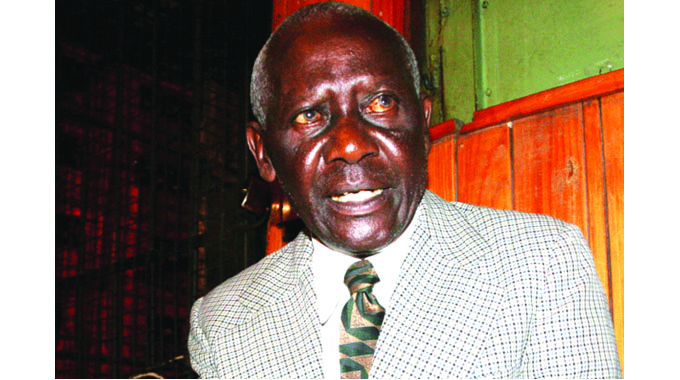Sharp, Conrad tackle Dakar Rally
Collin Matiza Sports Editor
THE Dakar Rally, which revs off tomorrow in Saudi Arabia, represents the ultimate sporting adventure, where both amateur and professionals compete together against each other, and ultimately to see how far they can push themselves.
This year there are two Zimbabweans competing in the 42nd edition of the Dakar Rally – biker Graeme Sharp and motor rally driver Conrad Rautenbach.
Sharp will be competing for the first time and is the first Zimbabwean to enter the race on a motorbike. This will be Rautenbach’s second Dakar and the first time in a Side by Side Vehicle.
The founder of the Dakar Race is Thierry Sabine. The first edition was from Paris to Dakar in 1978 and featured 182 vehicles. His motto for the race was to provide “a challenge for those who go, a dream for those who stay behind.”
For this year’s race, which will end on January 17, a new country has been chosen to host it after nearly a decade in South America – the Kingdom of Saudi Arabia.
Sharp said that he has found Saudi Arabia open and welcoming with very good infrastructure and friendly people. He says, “the sand is very soft and the temperature not too bad!” Sharp has now completed the scrutineering part of the Dakar Rally. There are two components involved – administrative and technical.
The Zimbabwean biker had to get a FIM license in order to compete, undergo medicals, pass an anti-doping exam and fill out a host of forms. The technical scrutineering involved checking that his motorbike complied with all the safety and navigational requirements.
Sharp was pleasantly surprised by how quick and efficient the scrutineering process was – completed in under 2 hours! His motorbike, which is a KTM 450 Rally Factory Replica, is now in the Parc Fermé which is a “closed park” where all vehicles are kept until its race day tomorrow.
The next step is a race briefing for all the competitors, and then finally a starters podium ceremony the day before the race where each competitor is presented to the crowds as a final send off before the race begins.
Sharp will then spend the night today before the race in the bivouac, which is a huge “travelling village” where all the race competitors, officials, media and mechanics stay in, and that moves each stage of the race. Over the course of 12 days, Sharp will be riding a total of 7 500km, including 5 000km of specials, five of them longer than 450km. In a country where the desert is king, 75 percent of the rally will be over sand . . . all types of sand.
Sharp’s focus is to go slow and steady and to try not let the magnitude make him too nervous. Graeme’s comment on what he hopes to achieve at the Dakar Rally is to, “Shine a positive story on Zimbabwe and make the most of this amazing opportunity”.
The course of each stage is a secret. Either the evening before, or in some stages, only 15mintues before the start of the event, the riders are given a roadbook for the stage.
This is a pictorial guide to the course, and gives details on the way points and check-ins that the riders need to go to along the way.
Each vehicle has been fitted with a GPS by the organisers of the event, which allows for real-time tracking of all the competitors.
This allows the organisers to check that the route has been completely corrected, and also ensure the safety of the riders. Navigation is key in this event — the fewer mistakes the better!






Comments